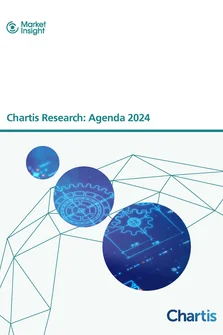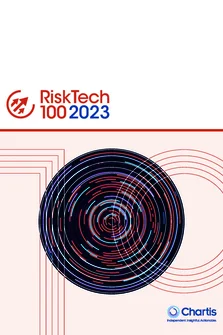<p>Since 2008, there has been a period of reflection and self-examination among financial institutions. In their efforts to discover what went wrong, the issue of data management for risk has become increasingly important and a higher priority for firms, as they now recognize that without the right data their view of risk will not be accurate. However, many are still unsure as to what they should do to remedy their current inadequacies.</p>
<p>Having heard of too many unfulfilled promises from technology vendors about enterprise data management systems that will solve all their data problems, they are skeptical of what can be accomplished. In particular,financial institutions have begun to believe that they must choose between control and agility – that they can either get control over data or have agility. This has led to firms either implementing rigid systems that put data in one repository, or keeping data in silos to enable agility.</p>
<p>Neither of these options solve the problems most firmshave with risk data: complex, opaque systems that fail to integrate data from across the enterprise and cannot reconcile different sets of data. Under increased pressure<br />
from regulators, auditors, and shareholders, financial institutions are searching hard for technology solutions that will allow them to cut the Gordian Knot of silo-based data management, without forcing them into a rigid and inflexible centralized system.</p>
<p>Achieving this is far from easy, but that does not mean that firms should tolerate inadequate data systems. There are technologies available that can help firms to get control of data and retain the flexibility they need to manage their business. In particular, firms need to implement technologies that enable the full data management for risk process. Data management for risk should include extract-load-transfer, storage, analytics, and visualization capabilities, ideally together in a single architecture.</p>
<p>Improved data integration, storage, and validation technologies, combined with open architectures, better query tools, and new visualization techniques, can allow firms to to create auditable ‘master copy’ versions of risk data and allow relevant functions within the firm to use them. While conceptually a “single” master copy is an important requirement, in practice “multiple” master copies are needed across different business units.</p>
<p>Chartis’ research shows that many financial institutions have made progress towards improved risk management through better management of data, but they still have some way to go. Equally, while vendors are offering more advanced systems, many still do not provide the complete range of functionalities to enable advanced data management for risk. This report highlights some of the key trends in data management for risk in capital markets and describes leading practices from Xenomorph, an innovative solutions provider in this emerging area.</p>
Only users who have a paid subscription or are part of a corporate subscription are able to print or copy content.
To access these options, along with all other subscription benefits, please contact info@risk.net or view our subscription options here: http://subscriptions.risk.net/subscribe
You are currently unable to print this content. Please contact info@chartis-research.com to find out more.
You are currently unable to copy this content. Please contact info@chartis-research.com to find out more.
Copyright Infopro Digital Limited. All rights reserved.
As outlined in our terms and conditions, https://www.infopro-digital.com/terms-and-conditions/subscriptions/ (point 2.4), printing is limited to a single copy.
If you would like to purchase additional rights please email info@chartis-research.com
Copyright Infopro Digital Limited. All rights reserved.
You may share this content using our article tools. As outlined in our terms and conditions, https://www.infopro-digital.com/terms-and-conditions/subscriptions/ (clause 2.4), an Authorised User may only make one copy of the materials for their own personal use. You must also comply with the restrictions in clause 2.5.
If you would like to purchase additional rights please email info@chartis-research.com


